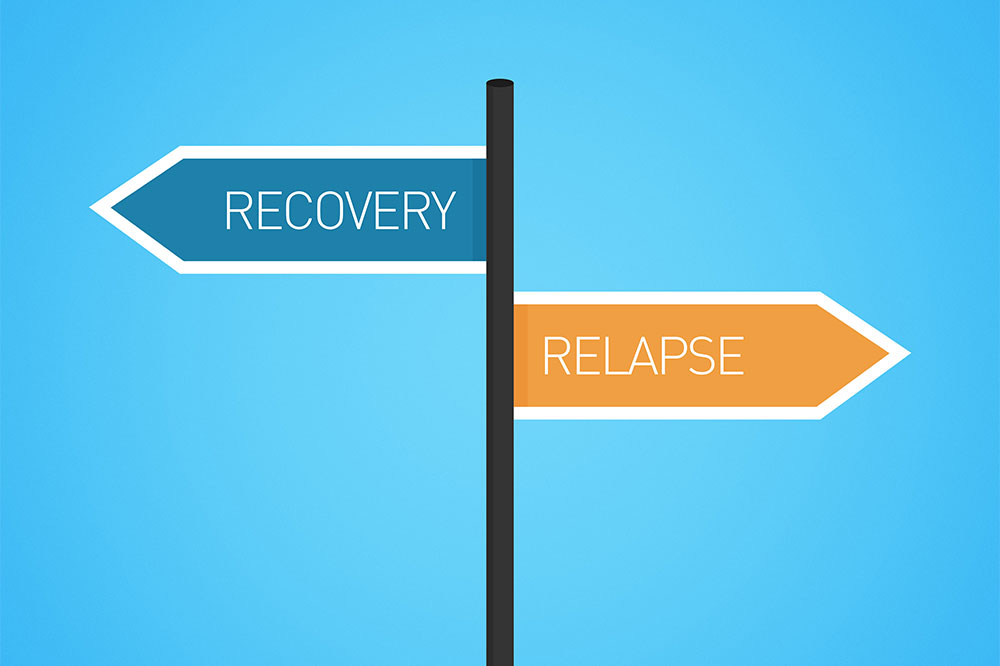Simple ways to avoid relapse after recovery

Addiction is a compulsive activity of abuse that induces temporary pleasure. These substances can be anything from alcohol, medications, and other stimulants. The overuse of such substances has a detrimental effect on the body and mind. Therefore, even after successful treatment, the road to complete recovery is challenging.
To avoid relapse, here are simple ways one can try to cope with withdrawal symptoms and fight temptations.
Support system
The simplest way to cope with addiction is to build a support system of trustworthy friends. One must remember that recovery is a long process and your friends and family can help you overcome temptations and fight withdrawal symptoms. Note that while treatment conditions the body to be independent of the substance, support and therapy conditions the mind to avoid chances of a relapse. Seek sponsors or former addicts who are now sober and can advise you based on their experience. Learning from their experience will certainly instill confidence in your ability to not relapse.
Attend group sessions
Group therapy sessions provide recovering addicts with a platform to share their positive efforts towards recovery. Here, recovering addicts gather to openly discuss their addictions in a positive light and share their experiences on how they managed to overcome temptations and avoid relapse. Talking about positive outcomes reinforces the confidence to accept new changes boldly and continue on the path of an addiction-free lifestyle. Many of these group sessions feature step-wise programs to gradually help the transition. The program also rewards people who successfully complete a step to encourage them to keep going even when it’s difficult.
Cope with stress
Addiction mostly starts as an escape from stress, making stress one of the top reasons for drug and alcohol abuse. Therefore, it is necessary that you find a better way to manage stress. Finding alternatives to manage stress during recovery is the key to ensuring that relapse never happens. Some quick relief strategies include regular exercise or any activity that boosts endorphins (happy hormones). This could range from spending quality time with your pet to pampering oneself. Engaging in such activities boosts your morale and blocks thoughts that can cause a relapse into addiction.
Stay distracted
Distractions are not always bad, especially if one is trying to avoid thoughts that can trigger a relapse. Make a list of distractions that one can resort to every time craving strikes. It can be difficult to avoid the craving altogether, but healthy distractions can help one refocus all energy to improve their emotional wellbeing. Reading, going to the movies, socializing with friends and family, or even immersing oneself in a pleasurable hobby can distract one from urges.
Addictions can easily take a toll on one’s personal and professional life. Therefore, it is crucial to remind oneself about the negative consequences of a relapse.

